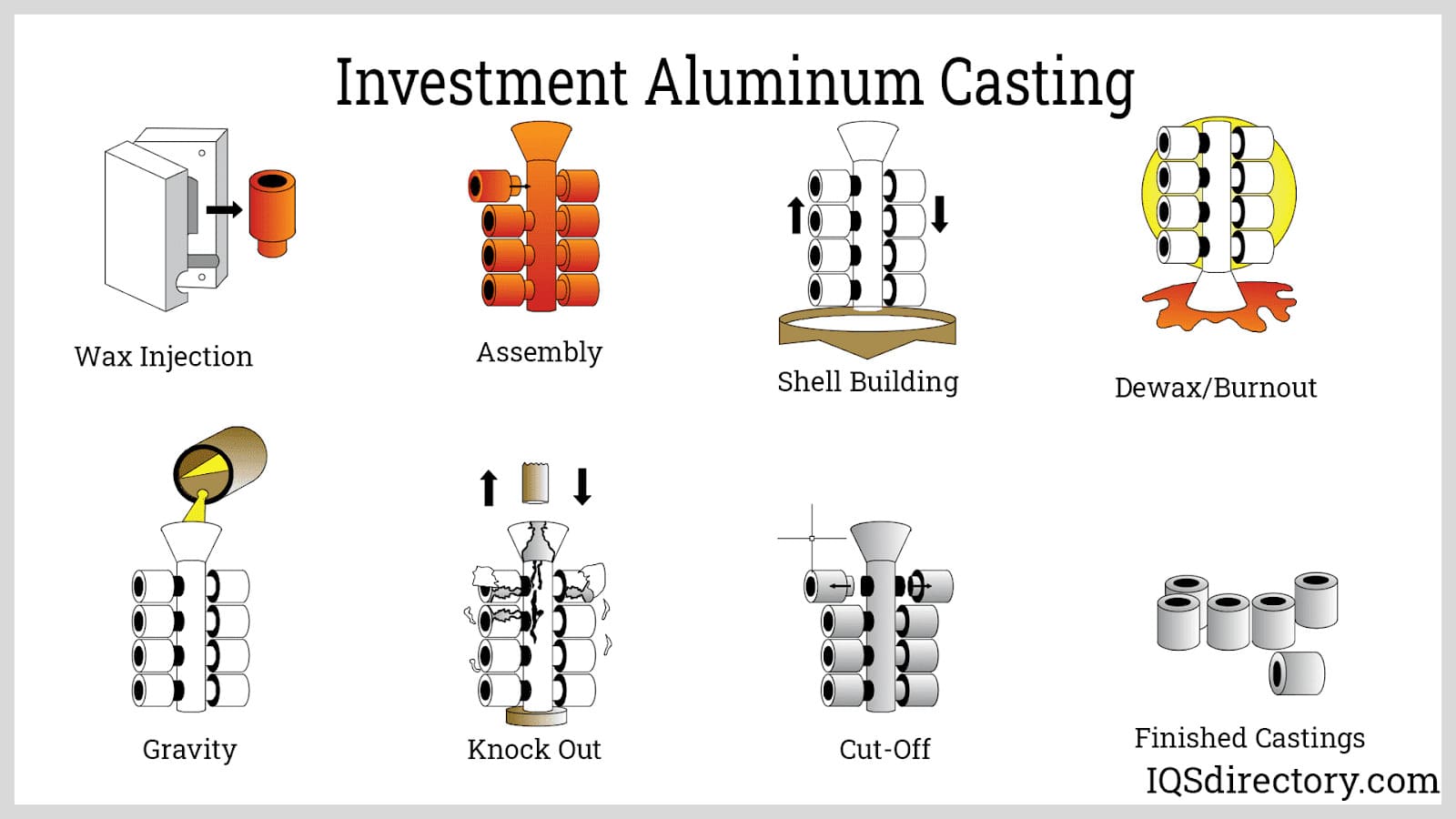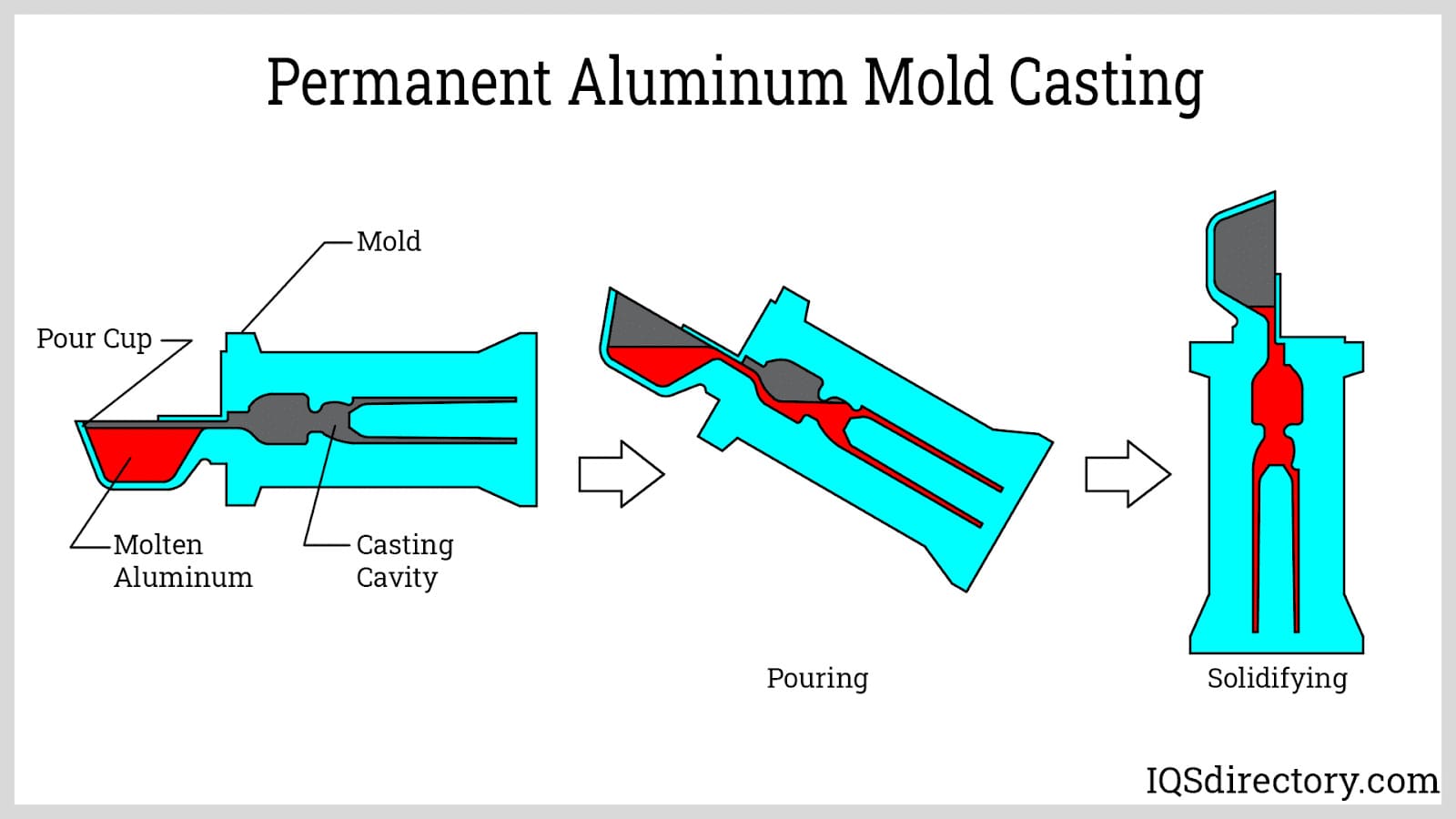Stahl Specialty Company Things To Know Before You Buy
Stahl Specialty Company Things To Know Before You Buy
Blog Article
Stahl Specialty Company - Questions
Table of ContentsSome Known Questions About Stahl Specialty Company.Indicators on Stahl Specialty Company You Should KnowThe Facts About Stahl Specialty Company UncoveredNot known Facts About Stahl Specialty CompanyThe 5-Second Trick For Stahl Specialty Company
Chemical Comparison of Cast Aluminum Alloys Silicon promotes castability by lowering the alloy's melting temperature and enhancing fluidness throughout casting. In addition, silicon adds to the alloy's toughness and put on resistance, making it valuable in applications where toughness is vital, such as automobile components and engine elements.It also improves the machinability of the alloy, making it less complicated to process into ended up items. In this method, iron adds to the total workability of light weight aluminum alloys.
Manganese adds to the strength of aluminum alloys and enhances workability. It is generally used in functioned light weight aluminum products like sheets, extrusions, and accounts. The visibility of manganese aids in the alloy's formability and resistance to cracking during construction processes. Magnesium is a lightweight aspect that gives stamina and impact resistance to light weight aluminum alloys.
It enables the manufacturing of lightweight parts with exceptional mechanical residential or commercial properties. Zinc improves the castability of light weight aluminum alloys and assists control the solidification process during spreading. It enhances the alloy's stamina and firmness. It is often discovered in applications where elaborate forms and great information are required, such as attractive castings and specific auto parts.
Things about Stahl Specialty Company
Due to the fact that aluminum-silicon alloys have great spreading homes, high gas properties, straightforward procedures, and outstanding corrosion resistance, aluminum-silicon alloys are most typically used in the die-casting market in your home and abroad. At the exact same time, aluminum-silicon alloys are likewise relatively very early and commonly recognized alloys created and used in die-casting. After constant research study and enhancement, the majority of the present international mainstream aluminum-silicon alloys have been completed and are nothing more than A356, A360, A380, ADC12, B390, and A413.
The primary thermal conductivity, tensile toughness, yield toughness, and elongation vary. Select suitable resources according to the performance of the target product produced. Amongst the above alloys, A356 has the highest thermal conductivity, and A380 and ADC12 have the cheapest. The tensile restriction is the opposite. A360 has the most effective yield strength and the highest possible elongation rate.

The Buzz on Stahl Specialty Company
In precision spreading, 6063 is well-suited for applications where detailed geometries and top notch surface area finishes are vital. Instances consist of telecommunication rooms, where the alloy's remarkable formability permits for smooth and visually pleasing designs while maintaining architectural stability. In the Lighting Solutions market, precision-cast 6063 parts create classy and reliable illumination components that require detailed forms and good thermal efficiency.
(https://stahlspecialtycompany.godaddysites.com/f/mastering-aluminum-casting-behind-the-scenes)
It results in a better surface area coating and better rust resistance in A360. The A360 displays superior elongation, making it perfect for complicated and thin-walled parts. In accuracy casting applications, A360 is appropriate for sectors such as Customer Electronic Devices, Telecommunication, and Power Devices. aluminum foundry. Its improved fluidness permits for elaborate, high-precision components like smartphone coverings and communication tool real estates.

In accuracy casting, light weight aluminum 413 radiates in the Customer Electronic Devices and Power Devices markets. This alloy's exceptional rust resistance makes it an exceptional option for outdoor applications, guaranteeing long-lasting, sturdy products in the discussed markets.
Some Of Stahl Specialty Company
When you have actually decided that the aluminum pass away casting procedure is suitable for your job, a crucial following step is picking the most ideal alloy. The light weight aluminum alloy you choose will substantially affect both the spreading process and the homes of the last product. Due to this, you must make your choice very carefully and take an educated strategy.
Establishing the most appropriate aluminum alloy for your application will certainly mean evaluating a large array of attributes. These relative alloy qualities adhere to the North American Die Spreading Association's standards, and we have actually divided them right into 2 groups. Aluminum Casting. The very first classification addresses alloy qualities that impact the production procedure. The 2nd covers attributes affecting the residential or commercial properties of the end product.
The alloy you select for die spreading straight affects a number of elements of the casting procedure, like exactly how easy the alloy is to work with and if it is vulnerable to casting flaws. Warm cracking, additionally called solidification cracking, is a normal die spreading problem for aluminum alloys that can result in inner or surface-level tears or cracks.
The Main Principles Of Stahl Specialty Company
Specific light weight aluminum alloys are extra prone to warm breaking than others, and your selection ought to consider this. view website Casting Foundry. It can harm both the cast and the die, so you ought to look for alloys with high anti-soldering residential properties.
Rust resistance, which is currently a remarkable attribute of light weight aluminum, can vary considerably from alloy to alloy and is a crucial particular to consider depending on the ecological problems your item will be subjected to. Use resistance is an additional property typically sought in light weight aluminum products and can distinguish some alloys.
Report this page